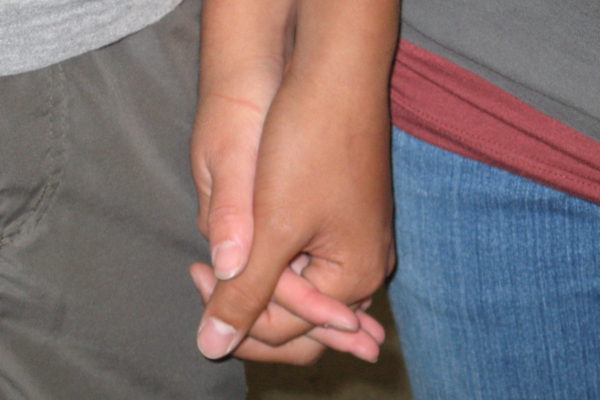 Couples need time to be together without other couples, family, kids, TV, and the endless distractions of a digital world.
Couples need time to be together without other couples, family, kids, TV, and the endless distractions of a digital world.
For many years I have suggested to the couples that they have two dates a week, minimum. One date can be an evening out, such as a movie or dinner. But it is essential that there be opportunity to talk. After seeing a movie, don’t just go home; go out afterwards for dessert or tea and discuss the show. A second weekly date should be something active, like a walk or hike, going dancing, or visiting a museum —anything that allows you to have a shared and active experience.
Date nights give you the opportunity to reconnect positively, without being distracted by kids, stress, and other preoccupations When relationships deteriorate, it is often because couples haven’t carved out time together that is stress-free.
Date Nights Don’t Always Go As Expected
But what if you’re like Monique and Rob, a couple I saw who chose to go out to dinner and a movie every other week? Their time together didn’t go well; in fact, they felt worse after their dates than when they stayed home with the kids. When dates don’t live up to expectations for reconnection, this is often because a couple use their date time to hash over stored-up resentments and go over all the stresses they are dealing with. These can be as innocuous as the teacher’s evaluation of their kid, or as big as an unexpected Visa bill. The date deteriorates into bickering, bitching, or nagging, which lead to feeling disappointed and irritated.
During the years our twins were young, we went out to dinner every Thursday night. We had a babysitter, a teenager in the neighborhood who charged a reasonable fee—the price of a burrito or two. She was eager to make some cash, and she was fun and energetic with our girls. We’d come home from our evening to find the kids fed, clean, and asleep.
The next morning the girls would describe the fun things they did together. Parents often mistakenly think that leaving their kids for the evening is cruel, but in reality kids need a break from their parents as much as parents need a break from their kids. It is extremely important for your kids see that you have a life outside of them, and that they can survive with other adults or older teens. This protects your marriage and it helps kids learn to handle separation, a skill they need to learn before college.
Monique and Rob explored date night during one of their couple’s sessions. They realized that they were drinking too much at dinner. Alcohol may seem innocently relaxing and to increase feelings of amorousness, but all too often it does the opposite, exacerbating tense discussions. Monique had an important insight: that she was saving up all the negative issues to talk over during their one night alone together, since Rob was at work all day. Rob, in turn, felt bombarded and overwhelmed. He clammed up, leaving Monique feeling even more distant than before their evening out.
Ways to Avoid Tension During Date Night
- Limit alcohol. Sharing a bottle of wine over dinner can cause tempers to flare.
- It’s OK to talk over important subjects, but don’t bring up your core areas of conflict (the family budget, your sex life), and don’t unload the week’s stresses and concerns. It’s tempting to do so because you finally have a moment when kids aren’t in earshot, but resist. Otherwise, date night will end before the movie starts.
- Instead, use the time together to update your love maps. Find out what has been interesting—not stressful— for your partner over the last week.
- Be attentive. Put the phone in your pocket, turn it off, and don’t check it. If you must keep it on for the sitter, then create a special ring tone and ignore other calls. When you go out, avoid distracting, noisy venues like a sports bar. Your’re here to listen to each other, not check the score.




